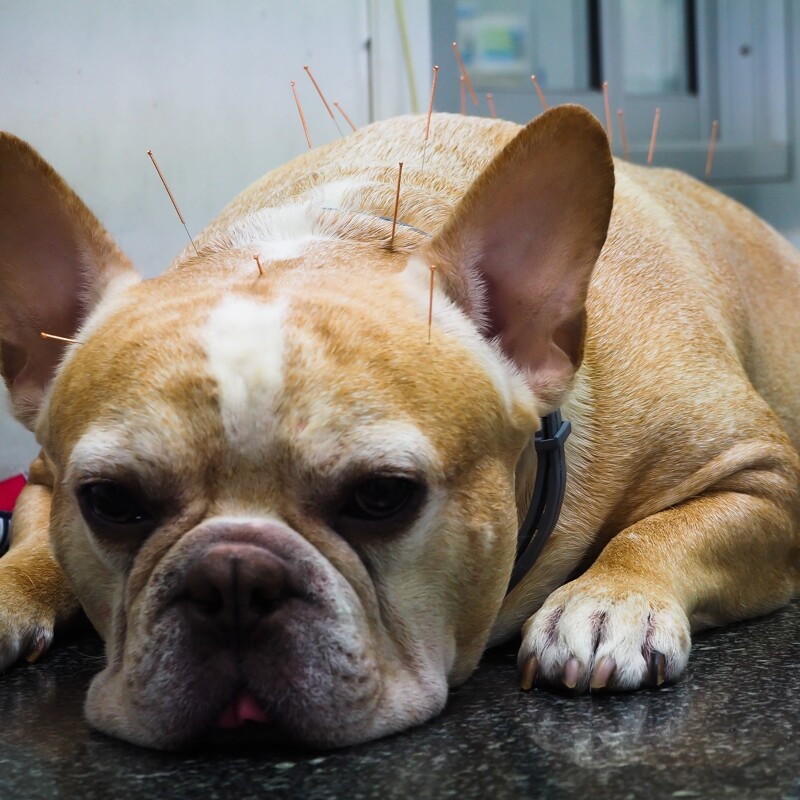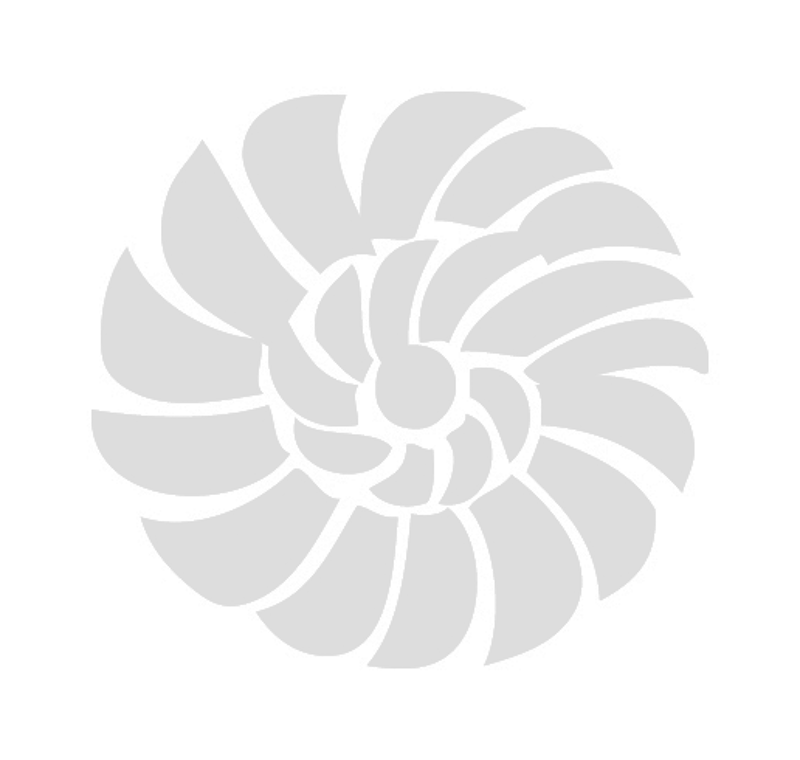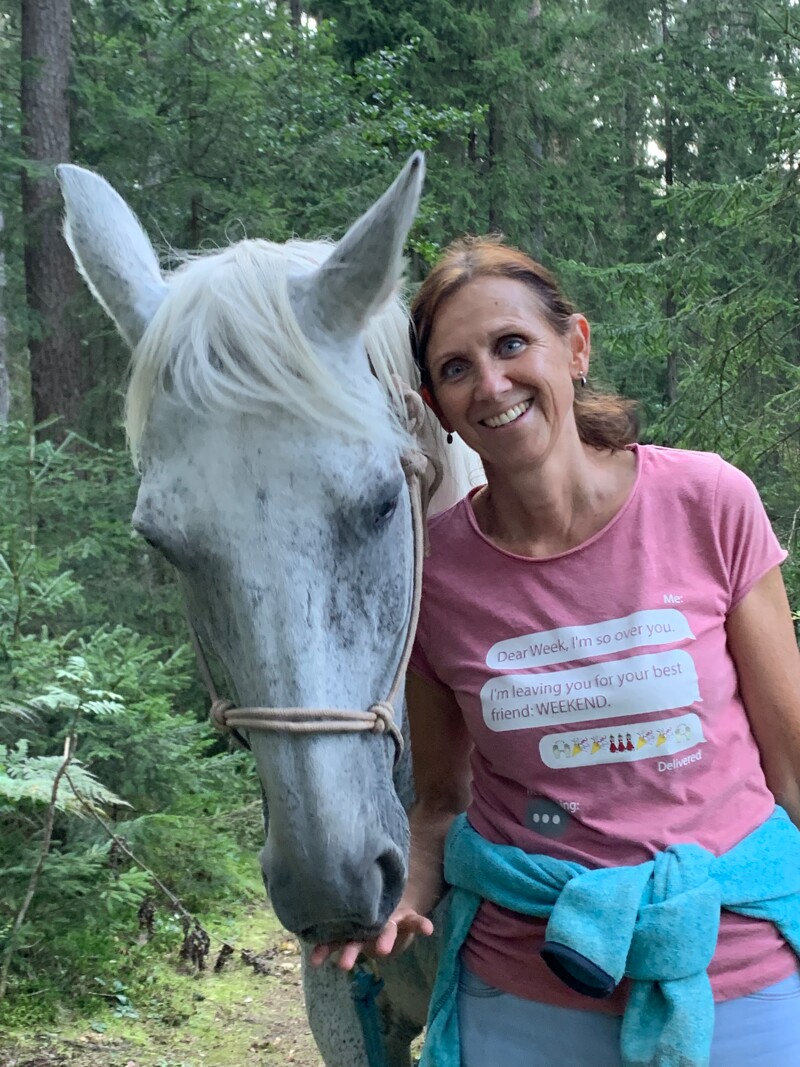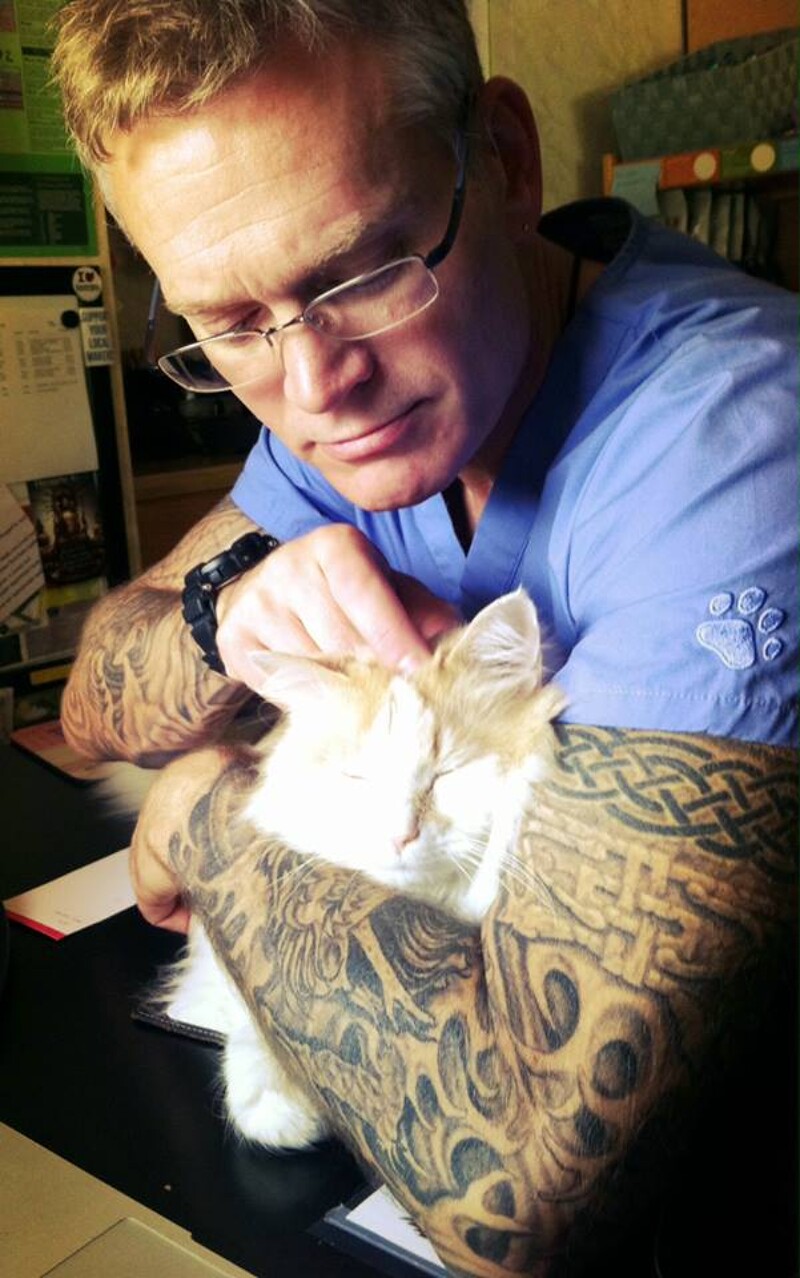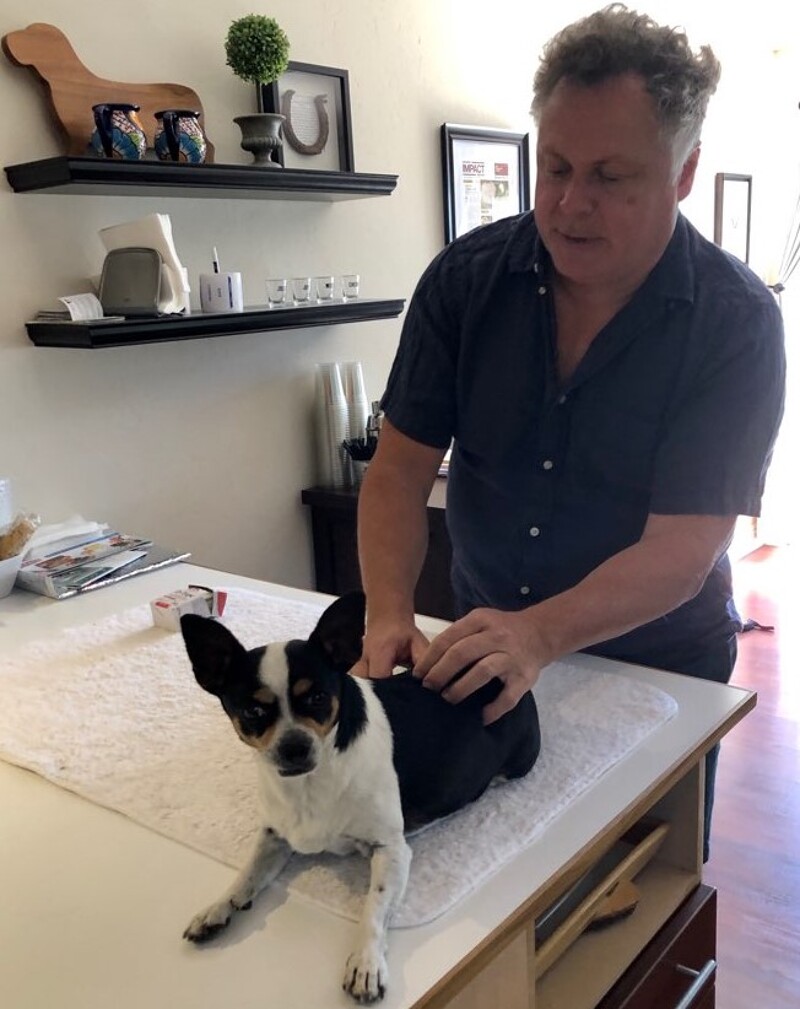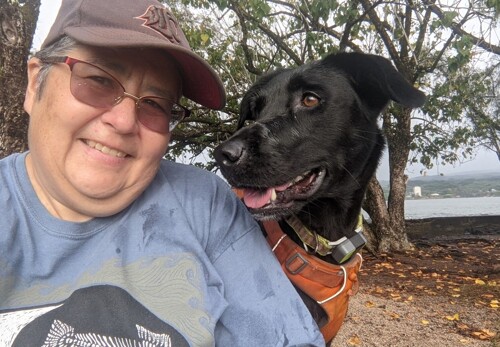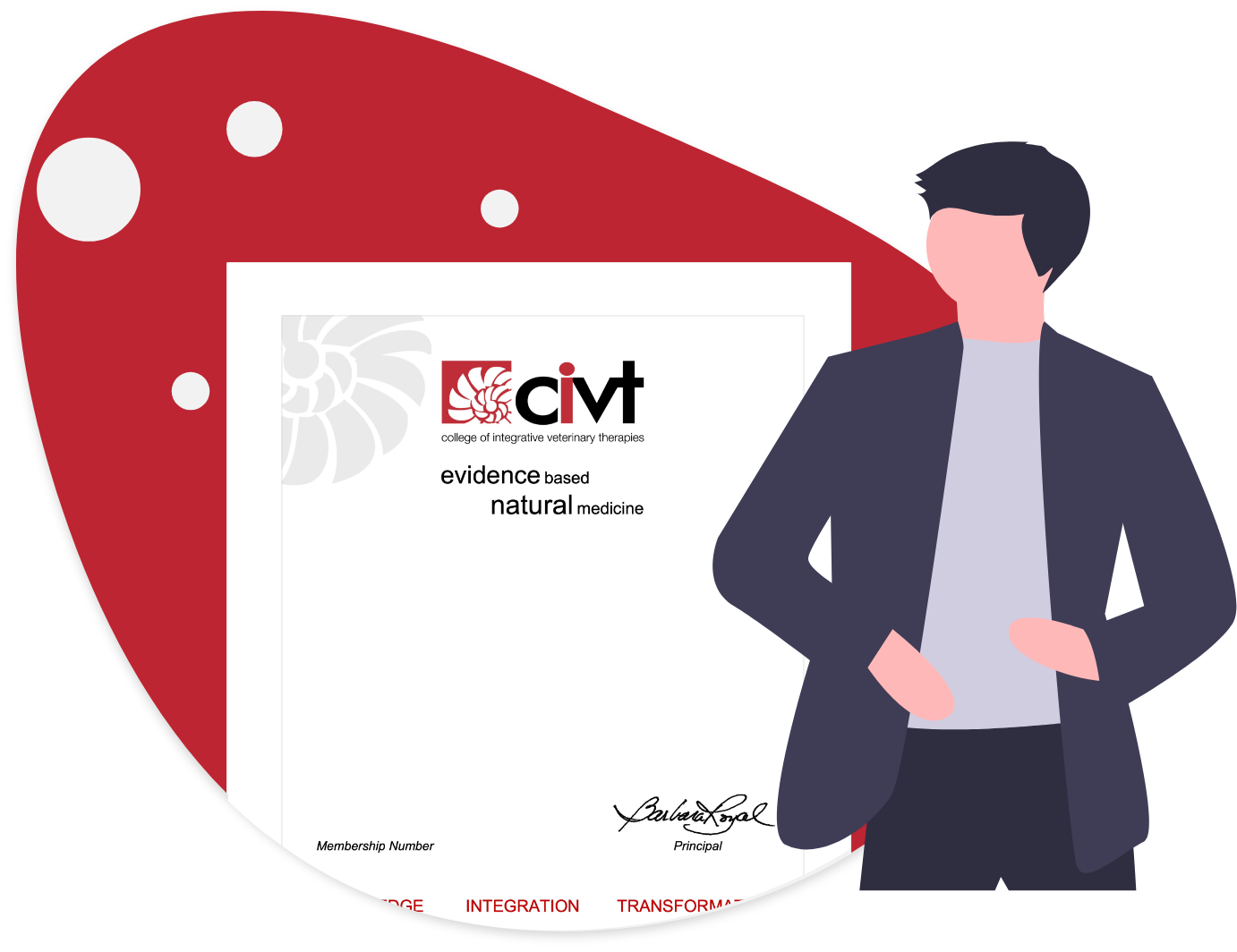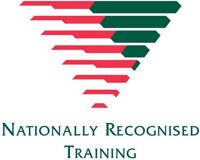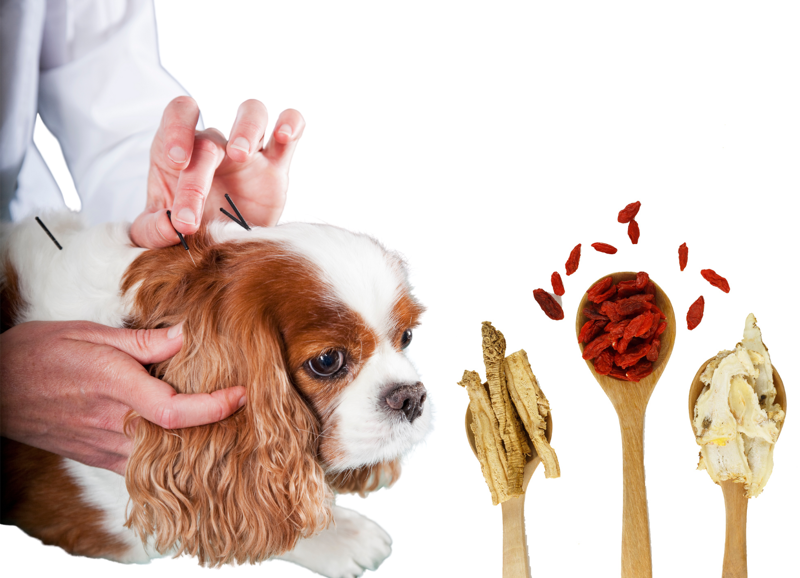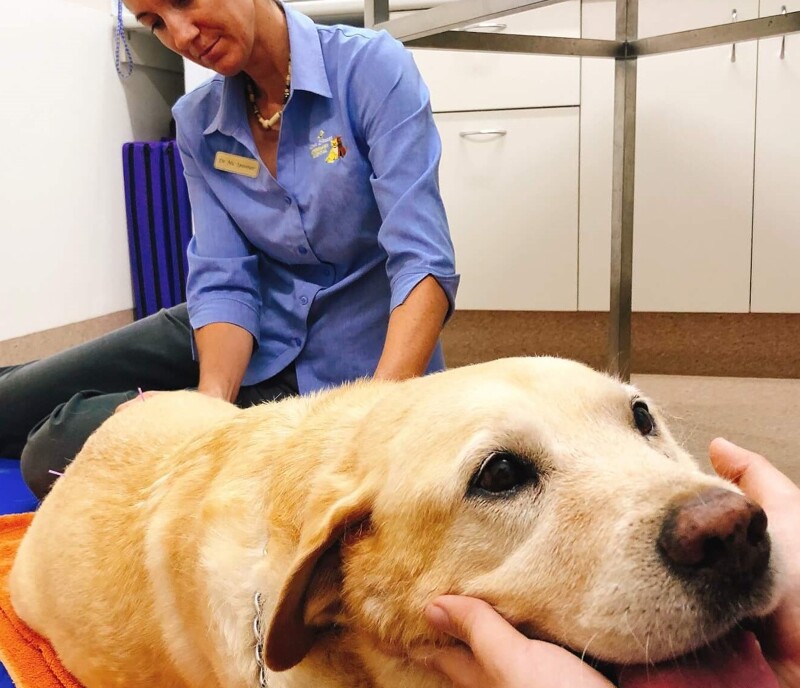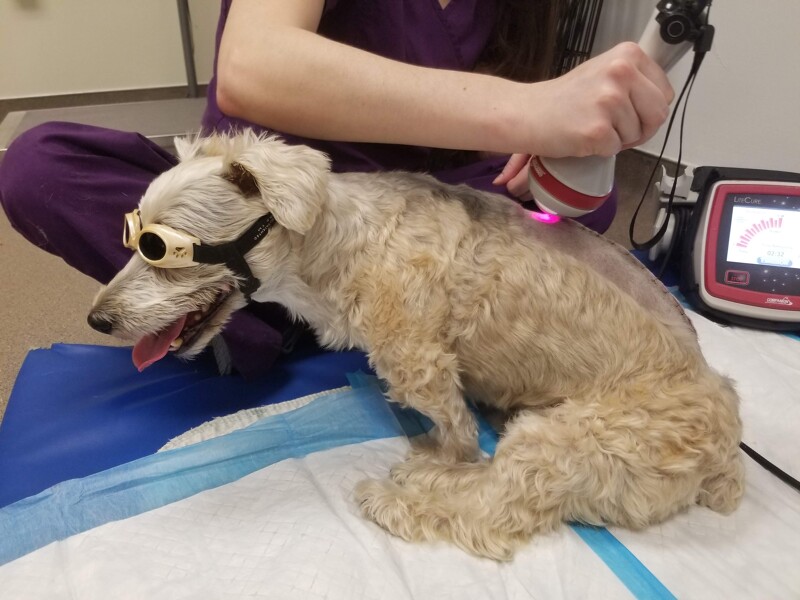Module 1 Work within a Traditional Chinese Medicine Framework
This is an introductory unit of competency covering the principles of traditional Chinese medicine designed for application in an animal care context.
Successful completion of this unit of competency equips practitioners working with animals to:
- develop knowledge of traditional Chinese medicine principles
- identify the theories of traditional Chinese medicine practice
- develop knowledge of the cause of disease from a traditional Chinese medicine perspective
- develop a basic knowledge of traditional Chinese medicine anatomy
This module covers:
Health and Harmony according to Chinese Medicine
- Introduction to Philosophies of Chinese Medicine & Concept of Dao/Unity
- Differences between Chinese Medicine and Western Medicine
- Introduction to the History of Veterinary Acupuncture
- Overview of Traditional Chinese Medicine
- Introduction to the Science of Acupuncture
- Concept of Yin and Yang - qualities and interrelationships
- Concept of 5 Elements/ Wu Xing/ Phases - qualities, correspondences and inter-relationships
- Concept of cyclical rhythms in Chinese Medicine (Chinese clock, seasonal and diurnal changes)
- Concepts of Qi, Blood, (Xue), Body fluids Jin Ye qualities, types, production, functions, circulation, inter-relationships
Chinese Medicine Anatomy
- Characteristics and Functions of the 12 Organs/ Zang Fu and extraordinary Fu
- Characteristics and Functions of the Meridians/ Channels/ Jing Luo
Causes of Disharmony Chinese Medicine Health Paradigm and Causes of Disease
- Internal (emotional), External (climatic), Miscellaneous causes
Workshop - Getting Started with Acupuncture 1
- Getting Started
- Acupuncture for Knee Problems
- Acupuncture for Hip pain
- Point Location- Anatomic measurements
- The Kidney and Bladder
- The Liver and Gallbladder
Module 2 Apply the Veterinary Acupuncture Diagnostic Framework
This unit of competency covers the skills and knowledge required to interpret information gathered in the acupuncture health assessment, utilising principles of Chinese medicine, and to make accurate diagnoses over the course of treatment, according to the veterinary acupuncture diagnostic framework.
Successful completion of this unit equips practitioners to:
- identify the basic principles of acupuncture and apply them to veterinary practice
- diagnose clinical conditions seen in veterinary practice from an acupuncture perspective
- identify the central philosophies of acupuncture and Chinese medicine and apply them to veterinary practice
- develop knowledge of Chinese medical pathology
- apply the principles of Chinese medical pathology and pathophysiology within an acupuncture diagnostic framework in veterinary practice
- conduct a veterinary Chinese medicine assessment utilising physical examination, tongue diagnosis and pulse diagnosis techniques
This module covers:
The Diagnostic Framework
- Central Philosophies of Veterinary Acupuncture
- Acupuncture and Veterinary Acupuncture History
- Chinese Medicine Physiology
- Yin and Yang, Zang Fu and Fundamental Substances
- Chinese Medicine Pathology
- Pathophysiology - Patterns of Disharmony according to Chinese Medicine
- Approaches to Chinese Medicine Methods of Diagnosis
- Methods of Examination Tongue diagnosis, Pulse diagnosis, Palpation techniques and other techniques
- Differential Diagnosis
- Diagnosis by Eight Principles
- Diagnosis by Qi, Blood and the Zang Fu
- Diagnosis by the Six meridians, Four phases and San Jiao
- Taking the Case
Workshop - Getting Started with Veterinary Acupuncture 2
- Acupuncture for Neck Pain
- Acupuncture for Back and Hind Limb Pain
- TCM Diagnosis
- Point Location
- The Pericardium and Triple Heater
- The Heart and Small Intestine
Module 3 Work within Veterinary Acupuncture Principles and Practices
This unit of competency covers the knowledge of veterinary acupuncture principles and the skills required to support the application of veterinary acupuncture principles and practices.
Successful completion of this unit equips practitioners to:
- apply the central philosophies of acupuncture to veterinary practice
- integrate principles of acupuncture into mainstream veterinary practice
- develop in-depth knowledge of veterinary acupuncture techniques and applications in current veterinary practice
This module covers:
Neurophysiology of Acupuncture
- Neurophysiology of Acupuncture- How it works
- Modern Acupuncture Theories
- Bridging Science and Acupuncture
Acupuncture points
- Names, classifications, actions and indications of points
Channels and Key Acupuncture Points
- The Channels
- Empirical Points
- Points with Special Actions
Workshop - Getting Started with Acupuncture 3
- Acupuncture for Renal Failure
Principles of Treatment
- Designing an Acupuncture Point Prescription
- Stimulating Acupuncture Points
- Blood flow- the key to efficacy
- Safety Issues with acupuncture
- Practical aspects of veterinary acupuncture
- Five element acupuncture
Workshop - Points for Inflammation
Other ways of stimulating Points
Module 4 Plan and Provide the Veterinary Acupuncture Treatment Strategy & Perform Veterinary Acupuncture (includes clinical application and compilation of a case log book)
Successful completion of this module equips practitioners to:
- select and apply the acupuncture treatment strategy for a range of conditions seen in veterinary practice
- identify and apply Chinese medical pathophysiology principles in veterinary practice
- determine appropriate therapeutic principles of treatment according to assessment of the patient
- provide veterinary acupuncture treatment appropriate to the patient’s condition and its causes, and supported on the basis of established veterinary acupuncture practice
- conduct a comprehensive assessment of animals in their care based on the principles of Chinese medicine and veterinary acupuncture
- use Chinese medicine and acupuncture assessment techniques to gather information
- use Chinese medicine principles to diagnose a broad range of conditions, both simple and complex, seen in veterinary practice
- review and re-evaluate the acupuncture treatment plan at follow up
Developing strategies
- Small Animal Veterinary Acupuncture
- Strategies for the Pain and Paralysis
- Strategies for Musculoskeletal Disorders
- Strategies for Neurological Disorders
- Strategies for the Gastrointestinal & Liver Disorders
- Strategies for the Cardiovascular System
- Strategies for the Respiratory System
- Strategies for the Immune System Disorders
- Strategies for Neoplastic Conditions
- Strategies for Reproductive Disorders
- Strategies for Urinary and Kidney Disorders
- Strategies for Dermatological and Ear Conditions
- Strategies for Geriatric and Eye Disorders
- Strategies for Behaviour Disorders
- Strategies for Common Feline Conditions
- Strategies for Avian Acupuncture
 United States of America
United States of America






